When you fire up Apple TV and see that stark message in the credits of Pluribus, "This show was made by humans," you are seeing more than end-credit boilerplate. The Breaking Bad creator behind it is not just making a statement; he is drawing a line in the sand about the future of creative work in the Apple ecosystem and beyond. Why plant that flag now?
The multi-award-winning showrunner has taken a firm stance against artificial intelligence in entertainment, as he told Variety and Polygon.. His new Apple TV series carries an explicit disclaimer that it is entirely human-made, as reported by Business Insider. He described AI as "the world's most expensive and energy-intensive plagiarism machine," per Variety (reported by TechCrunch).
Why Gilligan sees AI as a creative threat
Here is what drives his opposition: he believes artificial intelligence undercuts human creativity instead of enhancing it, according to his Deadline interview. He says he sees the harm and none of the upside, the same source reveals.
He frames the stakes as human. The creative spark in people is among our most precious qualities, as he told Deadline. Give that up to a machine, he warns, and you hand over agency and a piece of your humanity, according to the interview.
His metaphors pull no punches. He likens AI output to a cow endlessly chewing cud, just regurgitated nonsense on repeat, Business Insider reports. The point lands fast: repackaging is not creation.
Gilligan's refusal to engage with AI tools reflects the depth of his conviction, he has never used ChatGPT and said he will never use it, in an interview with Polygon (reported by Business Insider). To him, these systems are a parlor trick without genuine thought or consciousness, Deadline notes. He calls the technology the world's most expensive and energy-intensive plagiarism machine, according to TechCrunch.
How Apple TV became the platform for this statement
Gilligan's choice to plant this flag on Apple's streaming platform adds a twist. The series follows Carol, played by Rhea Seehorn, as the most miserable person on Earth who must save humanity from a virus that makes everyone relentlessly optimistic, ScreenRant explains. Set in Albuquerque, New Mexico, the show has been interpreted as an allegory about dangerous, obsequious intelligence-generating entities, Deadline notes.
The parallel is hard to miss. A virus that smooths out rough edges and makes minds uniform, and a technology that flattens creative voice into patterns. Different arenas, same fear of sameness.
He developed the concept before recent AI developments and the pandemic, per Time and Polygon interviews. He drew on classic sci-fi like The Twilight Zone and Invasion of the Body Snatchers, aiming to refresh those familiar tropes for modern audiences, the same source indicates. The timing makes the anti-AI beat feel prescient, not reactive.
Having his anti-AI manifesto appear on a platform owned by one of the world's biggest tech companies? That is either ironic or brilliantly strategic, depending on how you look at it. While he returned to Albuquerque for filming because of crew relationships and tax incentives, Deadline reports, Apple TV now hosts content that nudges against the tech industry's AI enthusiasm.
The broader implications for streaming and creativity
Gilligan's statement lands at a moment when entertainment is wrestling with AI's role in making things. His view sits opposite tech leaders like OpenAI's Sam Altman, who has suggested that jobs eliminated by AI might not have been meaningful work anyway, Deadline reports. Even industry figures such as Edward Saatchi, CEO of Amazon-backed Fable, have warned that AI could represent the end of human creativity, according to the same source.
The stance is larger than one creator's line in the sand. It acts as a rallying point for anyone who wants to label and defend human-made work in an AI-saturated marketplace. He stresses that everyone is fundamentally a storyteller, crafting narratives about their own identity, his Deadline interview reveals, which frames human creativity as irreplaceable, not just preferable.
That philosophy creates interesting tension inside Apple's ecosystem, a brand that has long marketed tools for individual creativity, although not quite like this. While he acknowledges there might be appropriate applications for AI, he maintains that creative writing is not one of them, his interview suggests.
What we are watching is a high-profile creator using his platform, literally Apple's platform, to push back on AI-generated content. The cultural ripple could reach far beyond one series. If other prominent creators follow suit, "human-made" could become a premium content label, much like "organic" in grocery aisles.
What this means for the future of Apple TV content
The first two episodes of Pluribus are currently streaming on Apple TV, multiple sources confirm, and Gilligan hopes viewers will argue, question, and pick apart the show's central themes, according to Deadline. Real debate, not canned takes. He sees that kind of friction as the hallmark of human-made work, something he argues AI cannot replicate.
This gives Apple TV a distinctive angle in the streaming wars. Other platforms might chase cost savings with AI-assisted pipelines, while Apple now features a prestige series that openly celebrates human authorship. If audiences start caring more about provenance, the platform could benefit from being linked to work that feels hand-built.
The ripple effects could extend beyond Apple's walls. Gilligan's explicit disclaimer might become a template for other creators who want to make similar statements about their process. Hollywood is already discussing AI disclosure and transparency standards, and his approach could speed up those conversations.
Bottom line: Gilligan turns a production choice into a manifesto for preserving human creativity in an age of artificial intelligence. By choosing Apple's platform for that declaration, he forces one of tech's biggest players to host a pointed critique of AI in creative work. For Apple TV subscribers, and for the wider streaming landscape, Pluribus is not just premium content. It defends the irreplaceable value of human imagination against the tide of automation.
Whether this approach spreads to other creators and platforms is an open question, but Gilligan has clearly staked out territory in the battle for the soul of creative work.






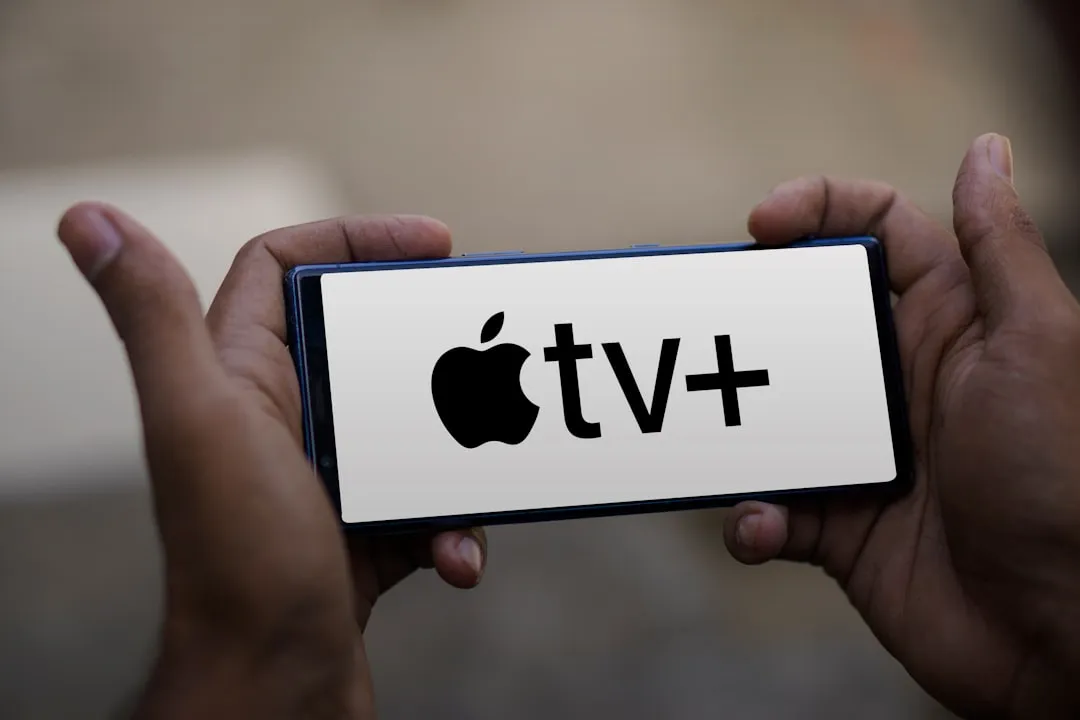
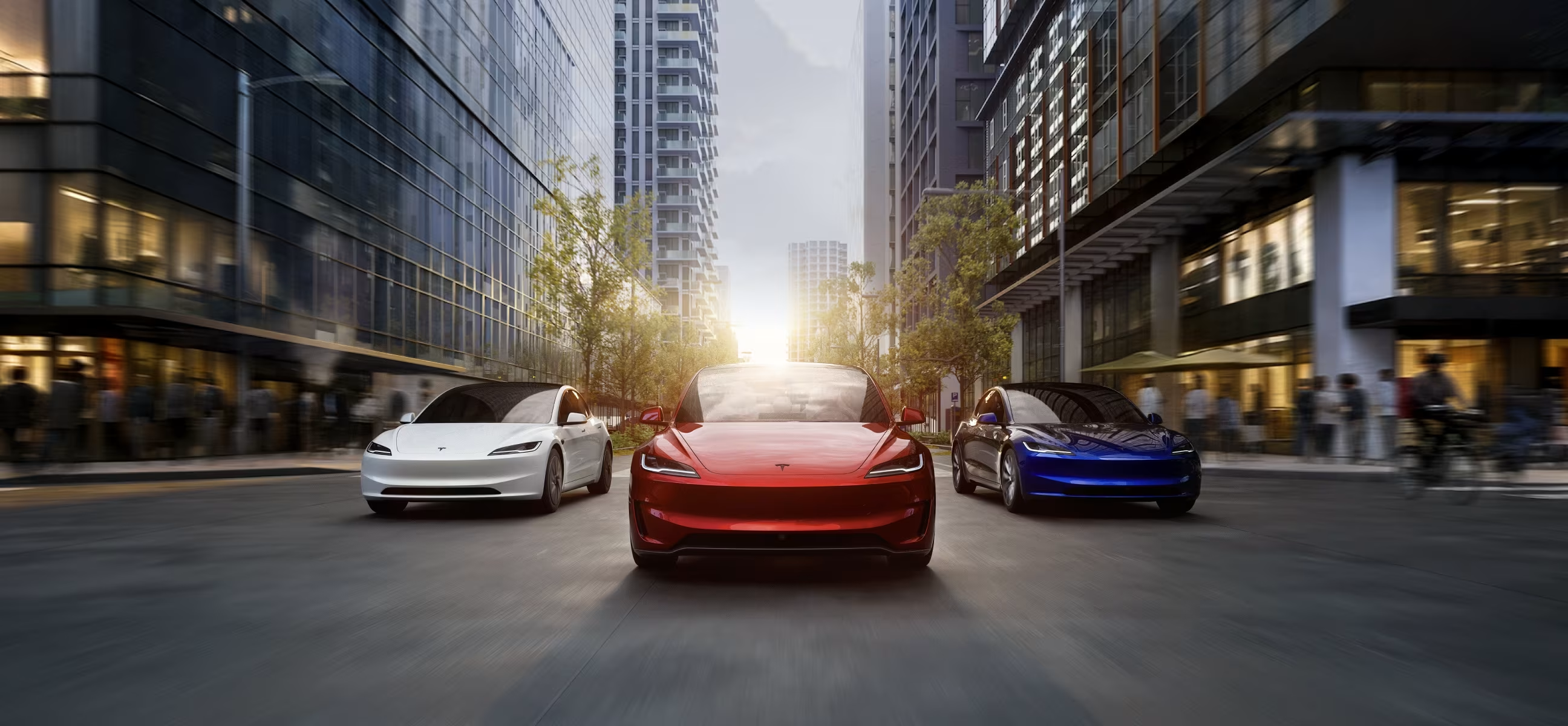
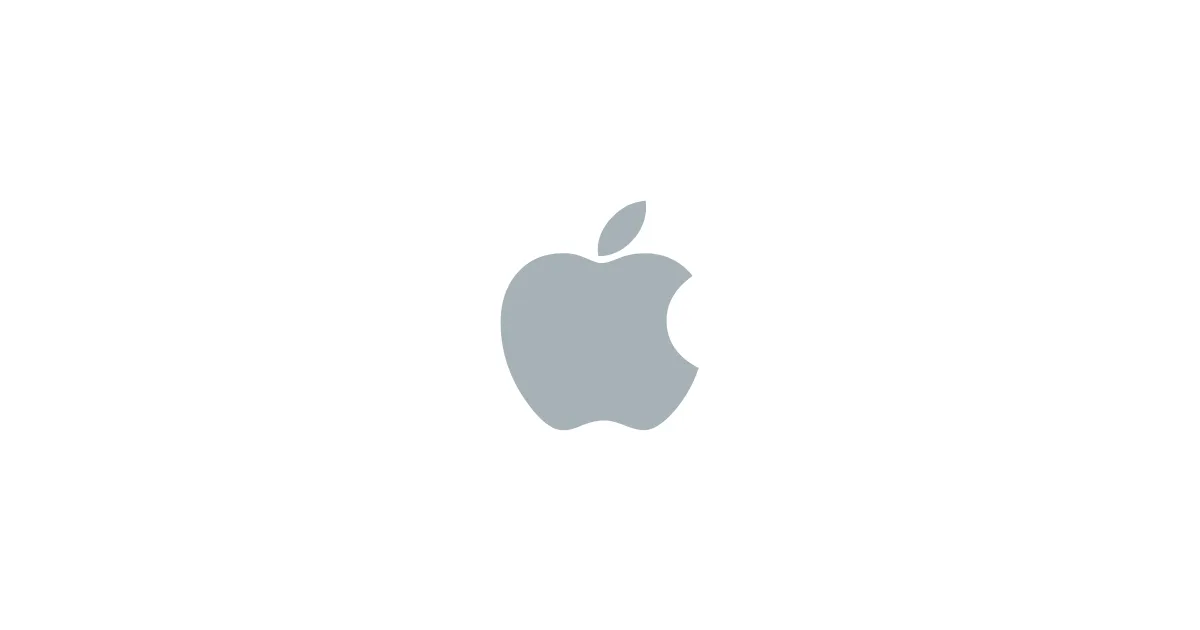
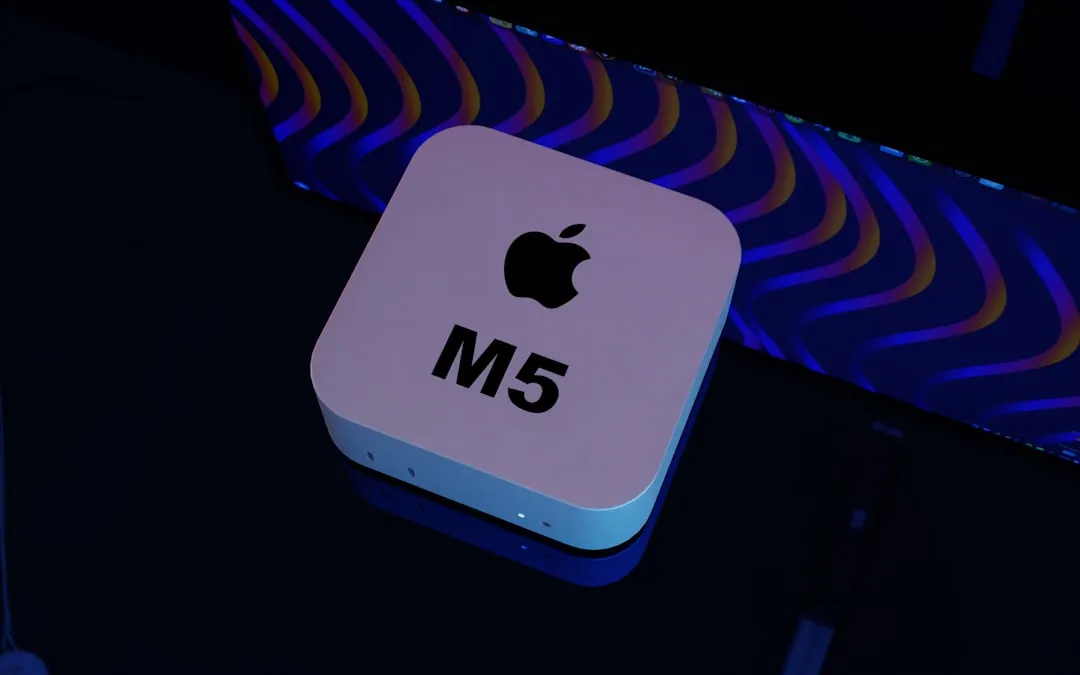
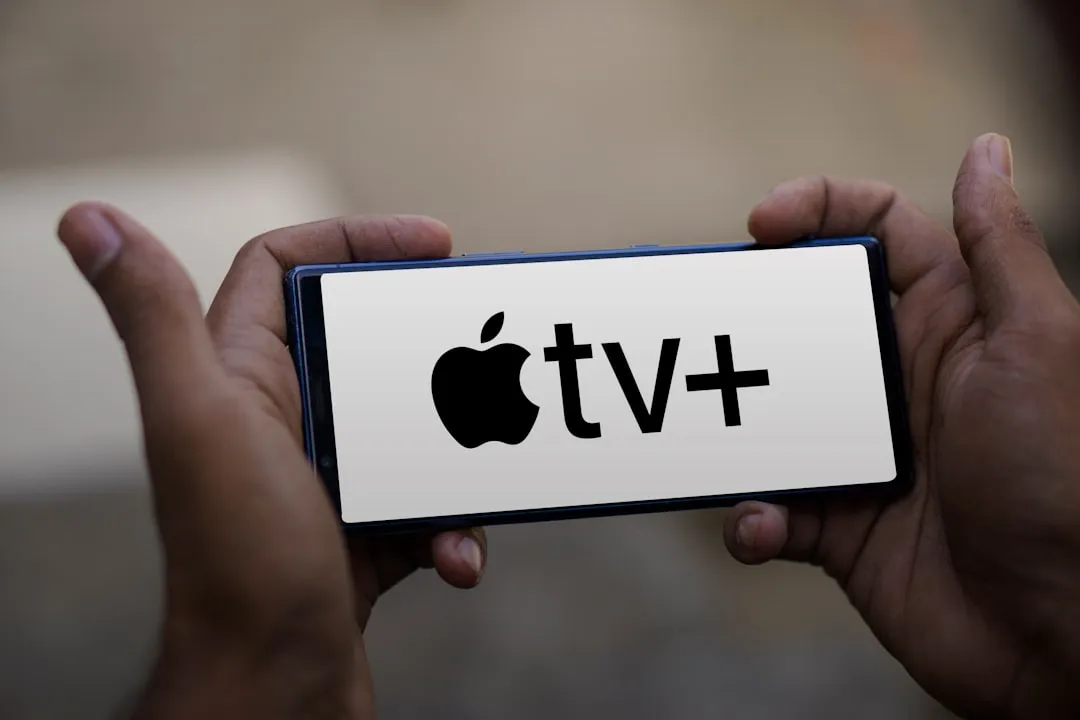
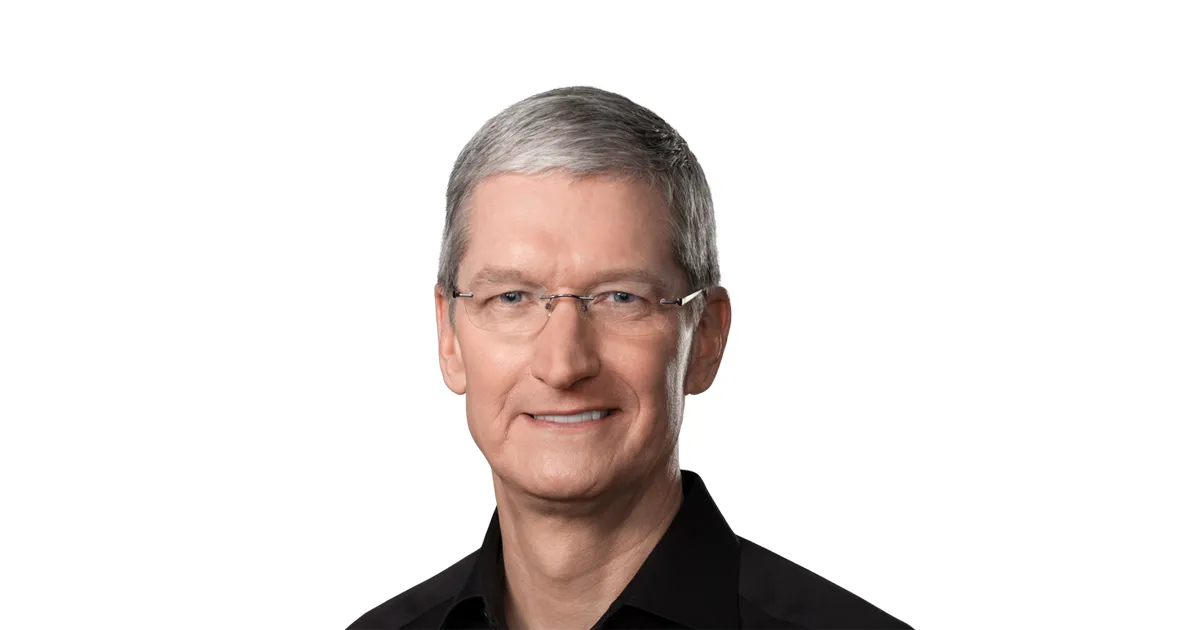
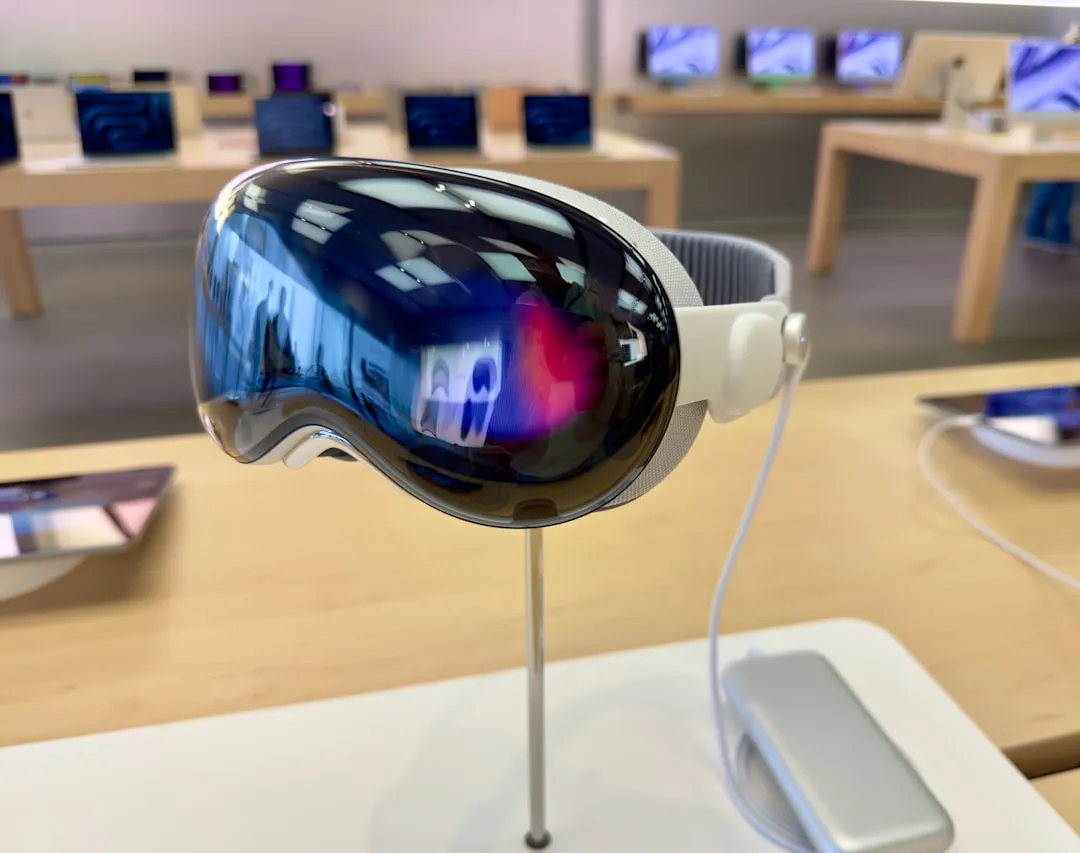
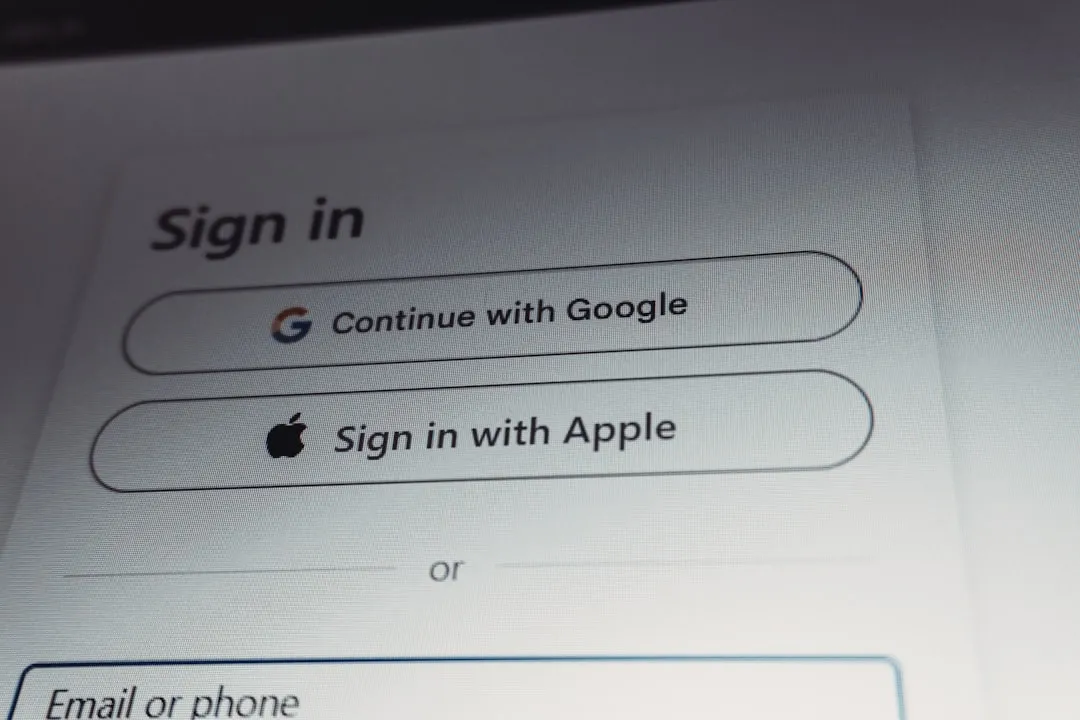
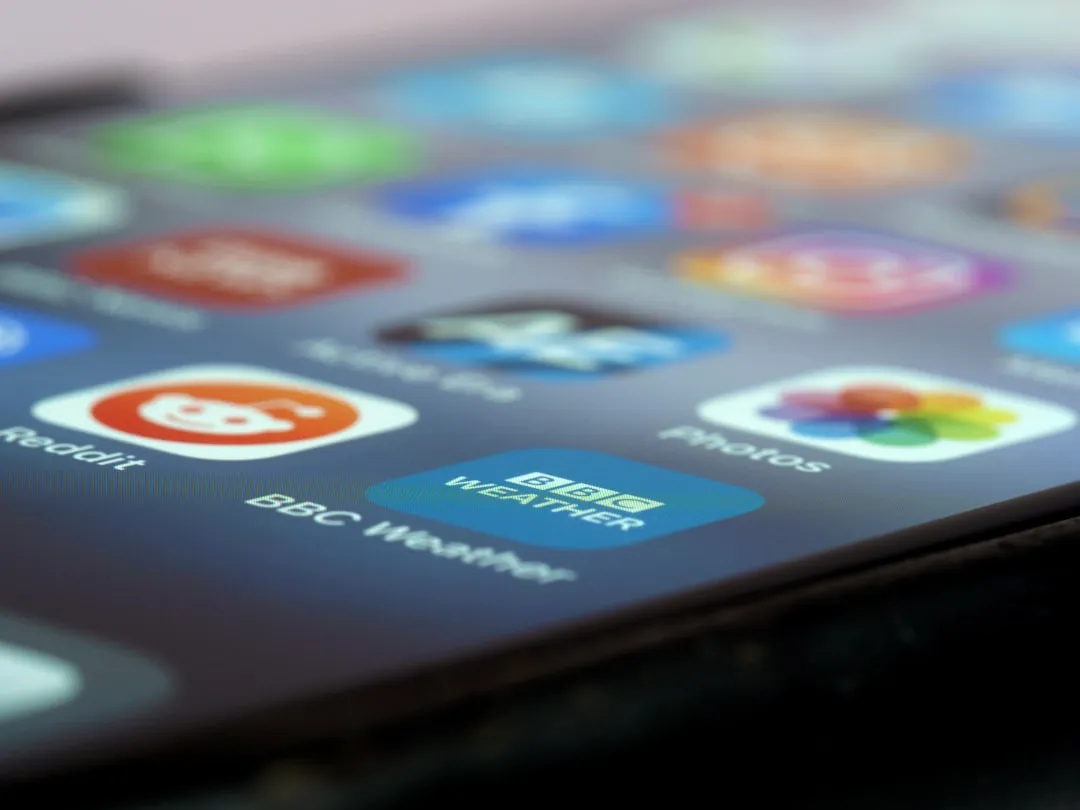
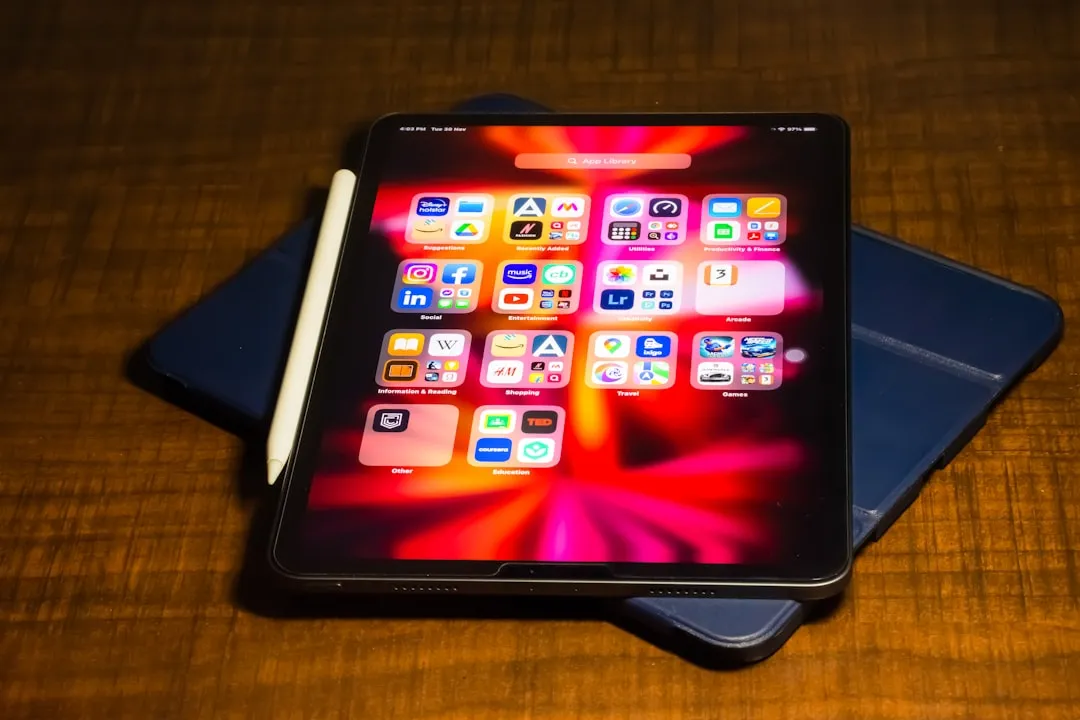
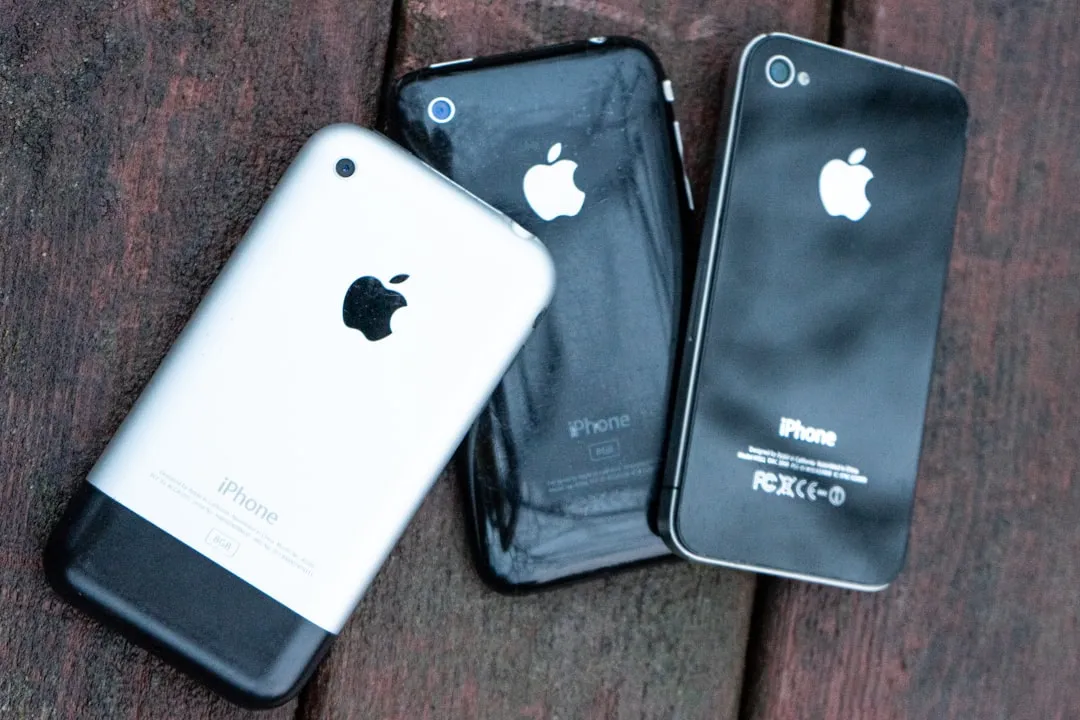
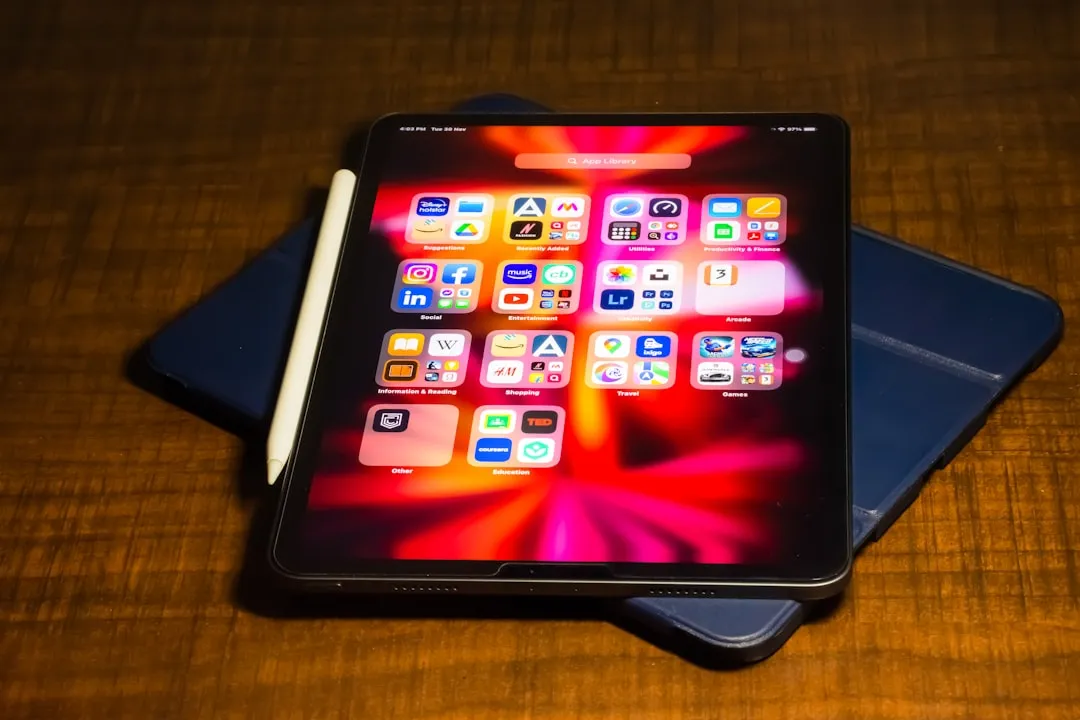

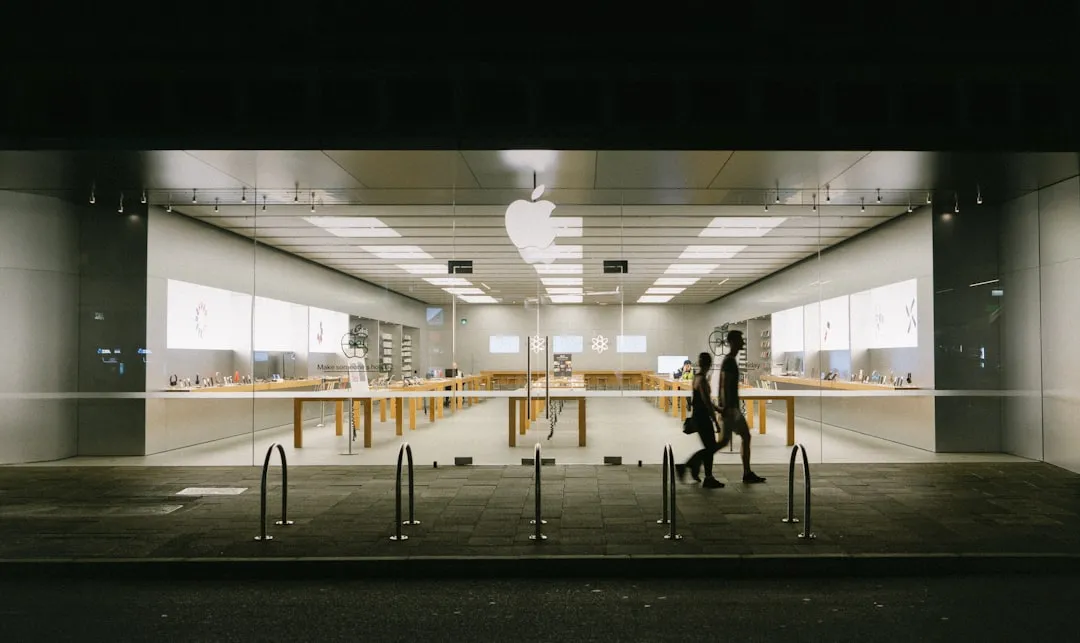
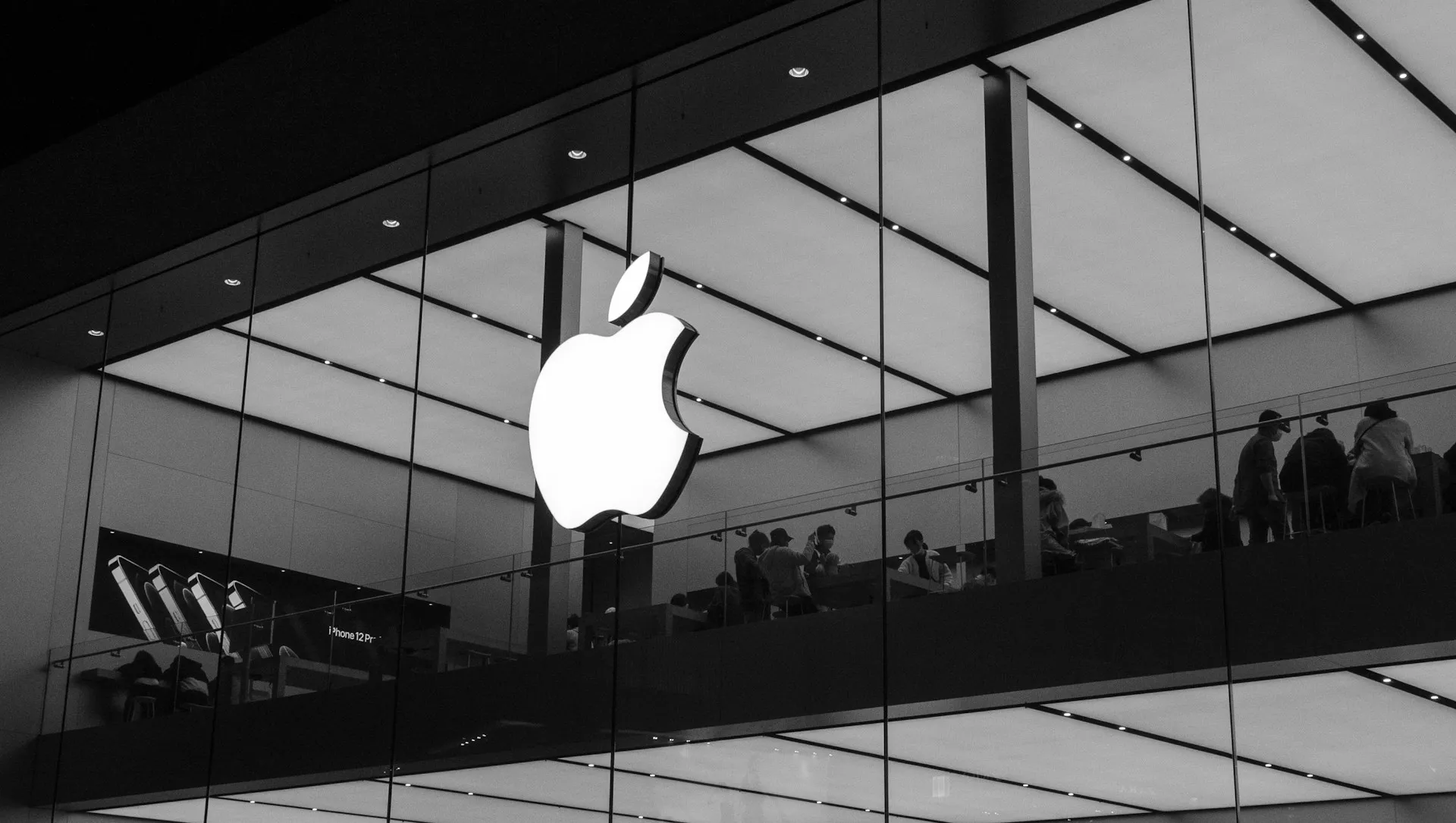
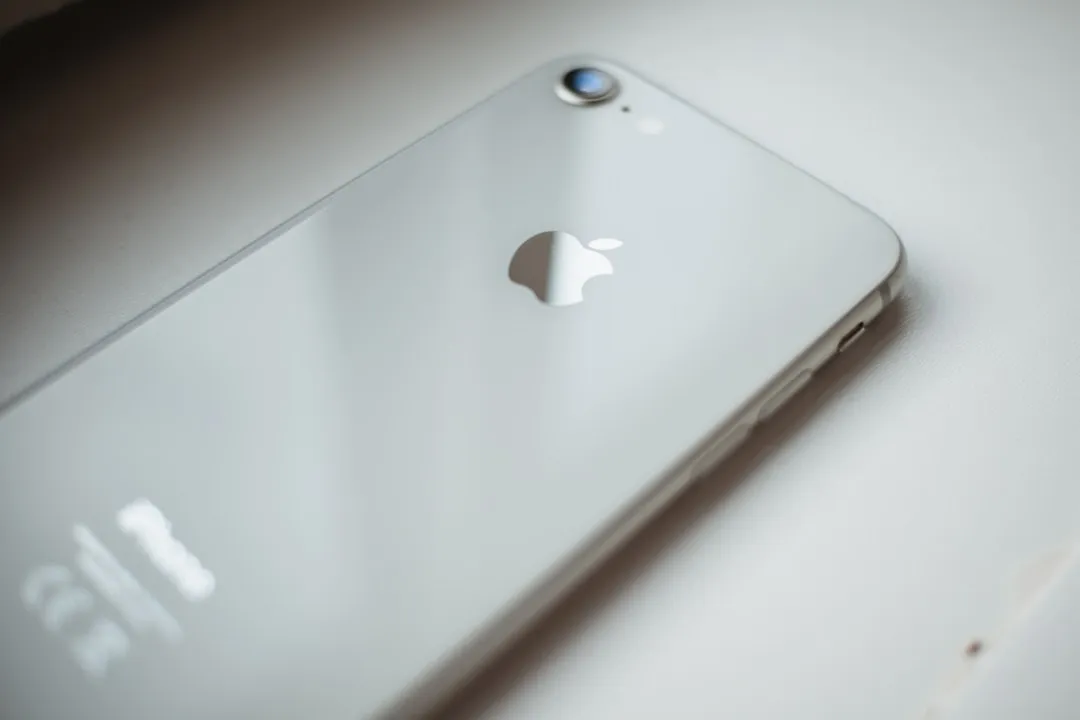
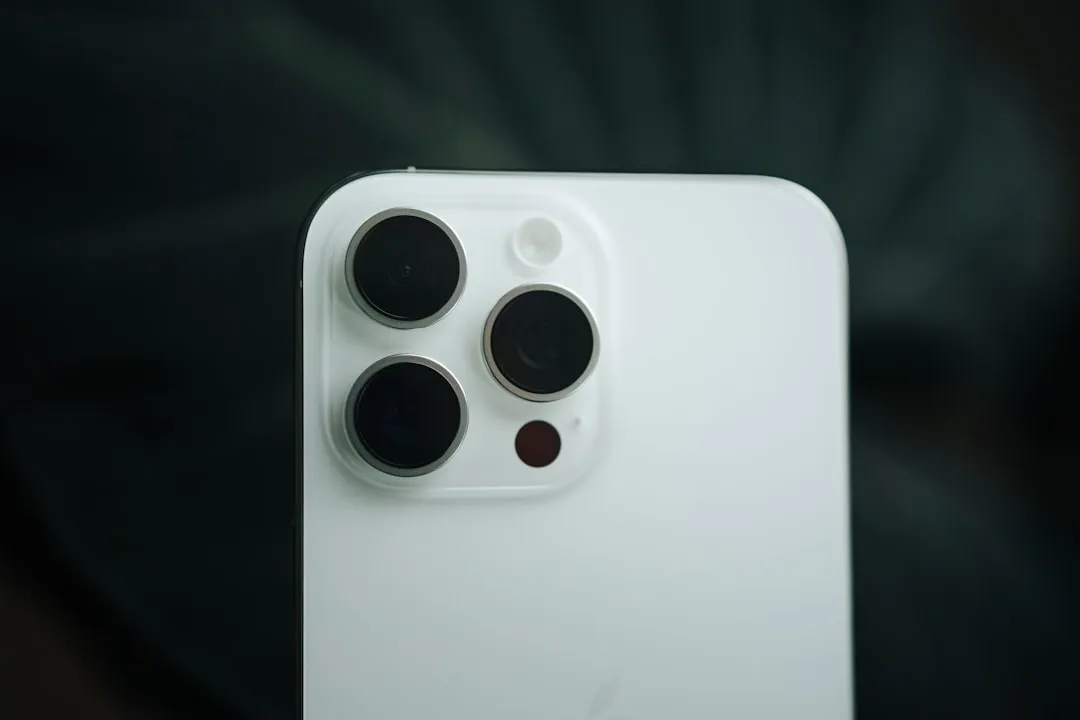
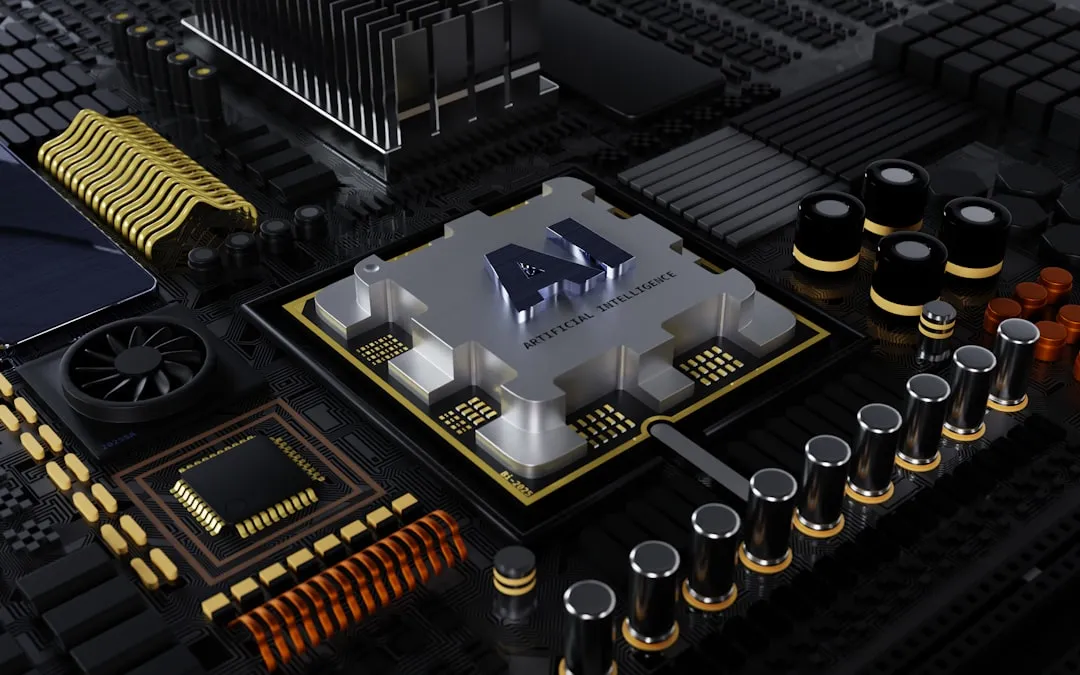
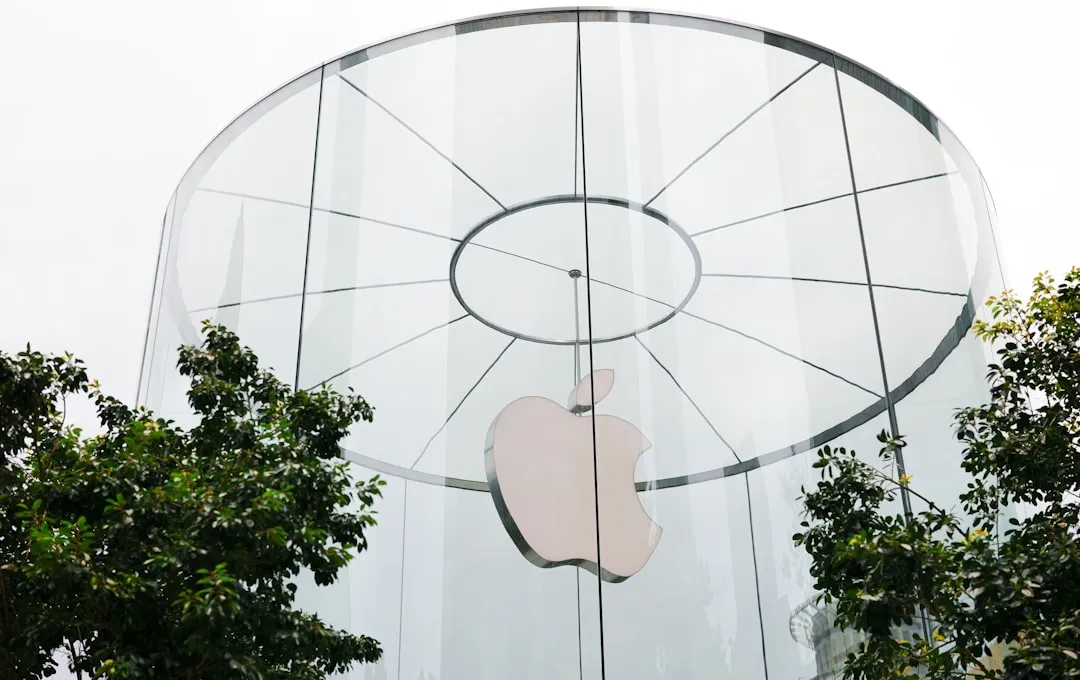

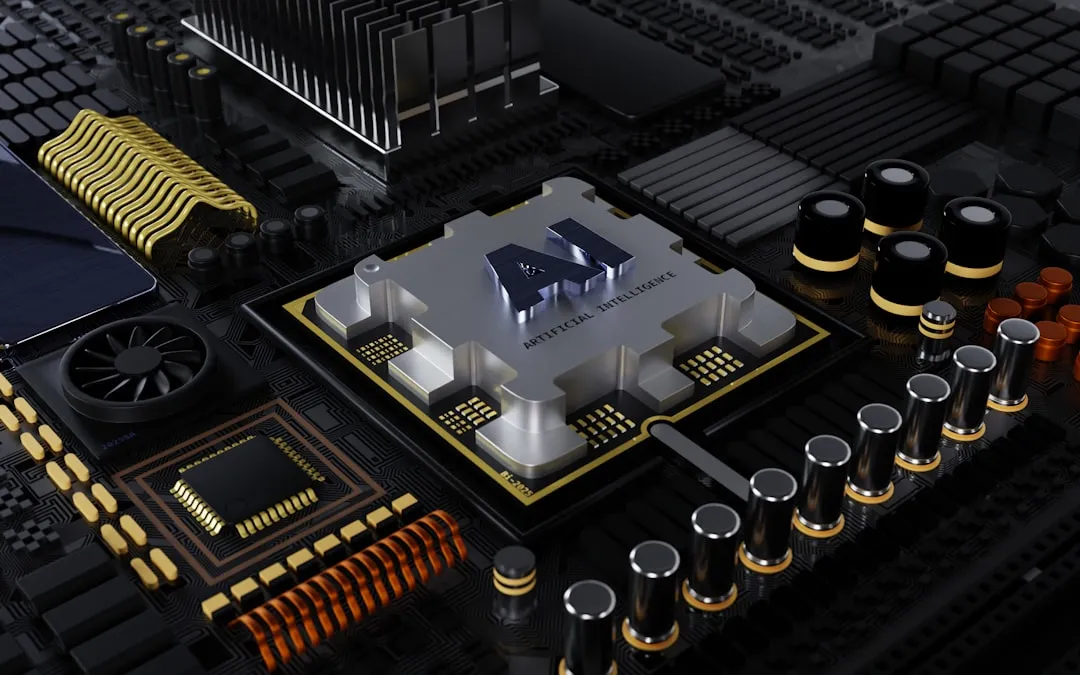
Comments
Be the first, drop a comment!